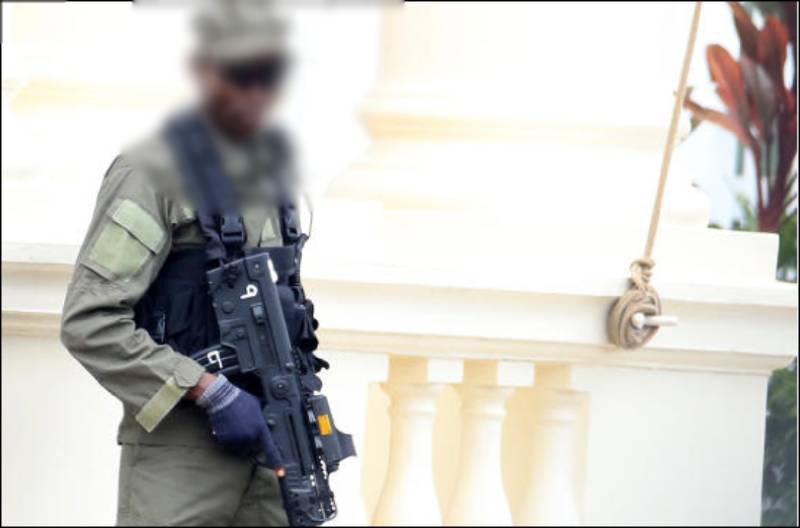×
The Standard e-Paper
Home To Bold Columnists

When the dust on the Riverside attack settles, Kenya will remind itself that while a section of the war on terrorism will be fought in the battlefields, it can only be won in the heart and minds of its citizens.
In the years leading to some of the most bloody attacks by the terror group on Kenyan soil, it was clear that brute force has lost its advantage in this war.